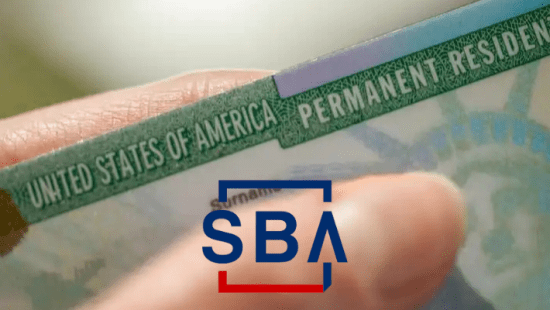Why Financial Literacy Is the Competitive Edge Latino Entrepreneurs Can’t Afford to Ignore
Financial education is the foundation that sustains the success of entrepreneurs and small business owners on their journey to growth. It goes far beyond numbers—it is empowerment. It’s the ability to make informed decisions, face challenges with confidence, and transform ideas into strong and sustainable businesses.
In the United States, Latino-owned businesses are one of the fastest-growing segments of the economy. According to the Stanford Latino Entrepreneurship Initiative (2024), there are more than 5 million Latino-owned businesses, generating over $800 billion in annual revenue. Yet, many entrepreneurs still face barriers such as limited access to capital, gaps in financial literacy, and systemic challenges in scaling their operations.
For entrepreneurs, financial planning is not just about survival—it defines long-term stability and opens the door to expansion.
- Clear record-keeping helps avoid tax complications and ensures credit readiness.
- Understanding cash flow—the balance between income and expenses—is key to preventing debt traps.
- Building realistic budgets strengthens decision-making and allows businesses to pivot when markets shift.
Responsible financial management allows Latino entrepreneurs to anticipate challenges, seize opportunities, and set achievable goals that can transform small ventures into thriving companies.
One of the most common pitfalls is investing without a clear strategy. Every dollar counts. Before allocating resources, entrepreneurs should weigh risks, align investments with their business goals, and calculate the expected return.
Another crucial strategy is diversifying revenue streams—from adding e-commerce channels to offering subscription models or digital services. This helps minimize risks, especially in unpredictable markets.
Continuous training in accounting, taxes, and financing is a long-term investment in clarity and confidence. In the U.S., there are free and low-cost programs tailored for small businesses, including:
- SBA (Small Business Administration) training programs and microloans.
- SCORE, a nonprofit offering free one-on-one mentorship and financial workshops.
- Community Development Financial Institutions (CDFIs) that provide accessible lending for Latino and minority-owned businesses.
Meanwhile, digital tools like QuickBooks, Xero, and expense-tracking apps have revolutionized operations—helping business owners streamline invoicing, monitor cash flow, and prepare for tax season with ease.
For Latino entrepreneurs, financial education is not only about keeping doors open—it’s about building a legacy. Studies show that Latino-owned businesses that prioritize financial literacy and strong bookkeeping practices grow 30% faster than those that do not (Stanford LDC, 2024).
The success of a business is directly tied to the ability to understand and manage money. As I’ve witnessed through collaborations with Latino business networks, this knowledge not only transforms individual businesses but also strengthens local economies and contributes to national prosperity.
To every Latino entrepreneur:
Invest time in learning. Build solid financial foundations for your projects. Seek mentorship and take advantage of training opportunities. Prepare to face challenges with vision and resilience.
Financial education is the true power that turns ideas into realities and dreams into lasting success stories.








